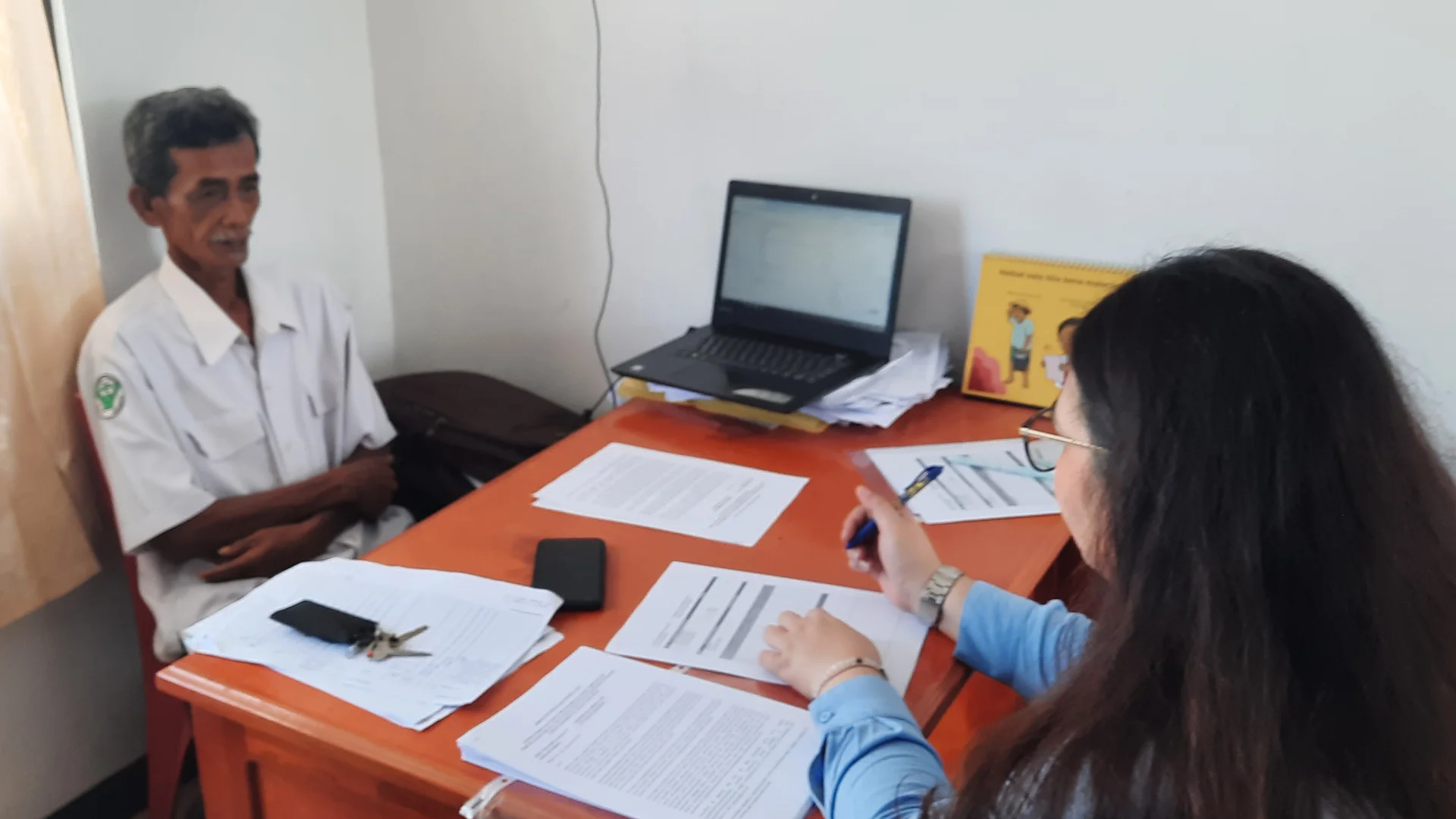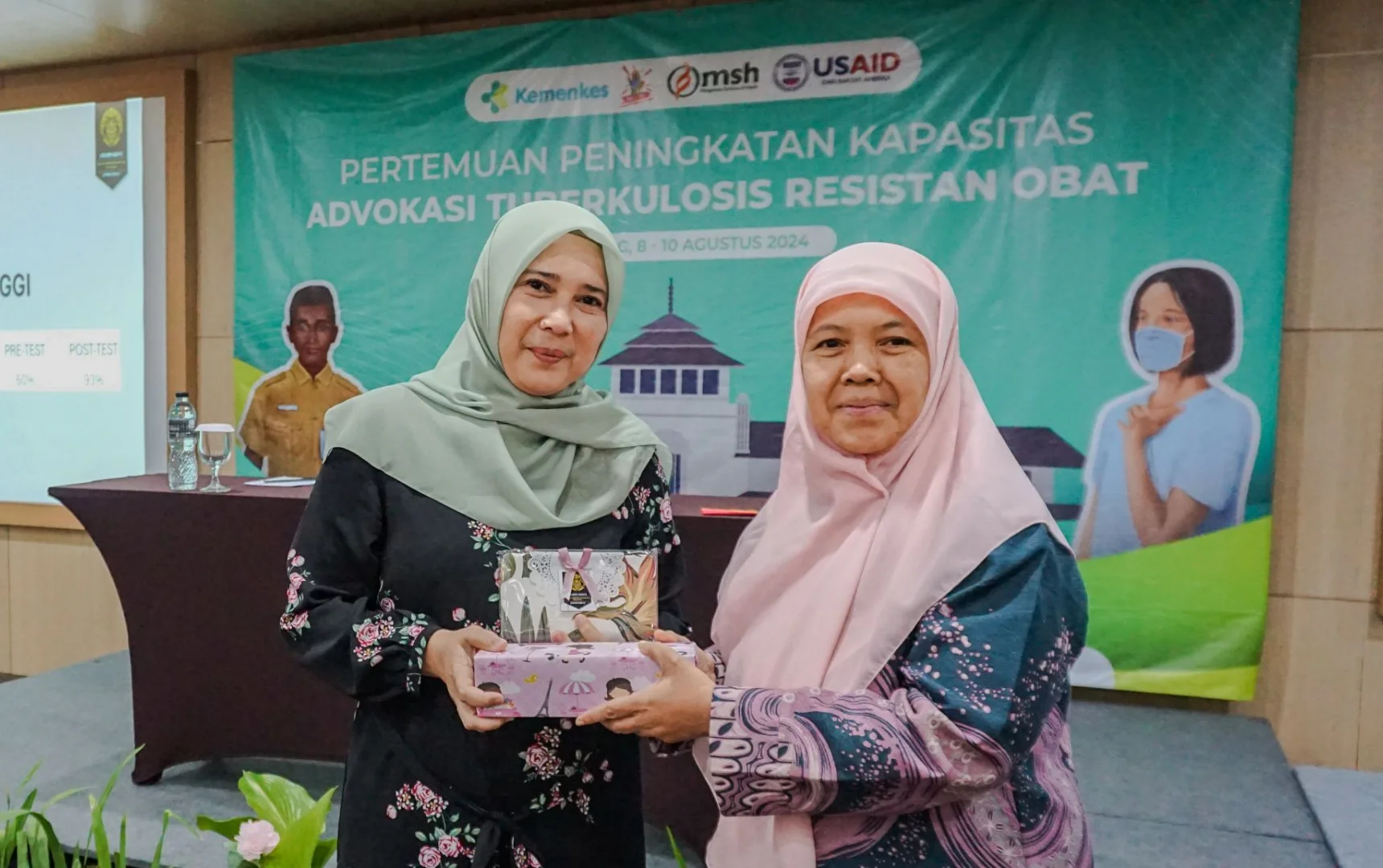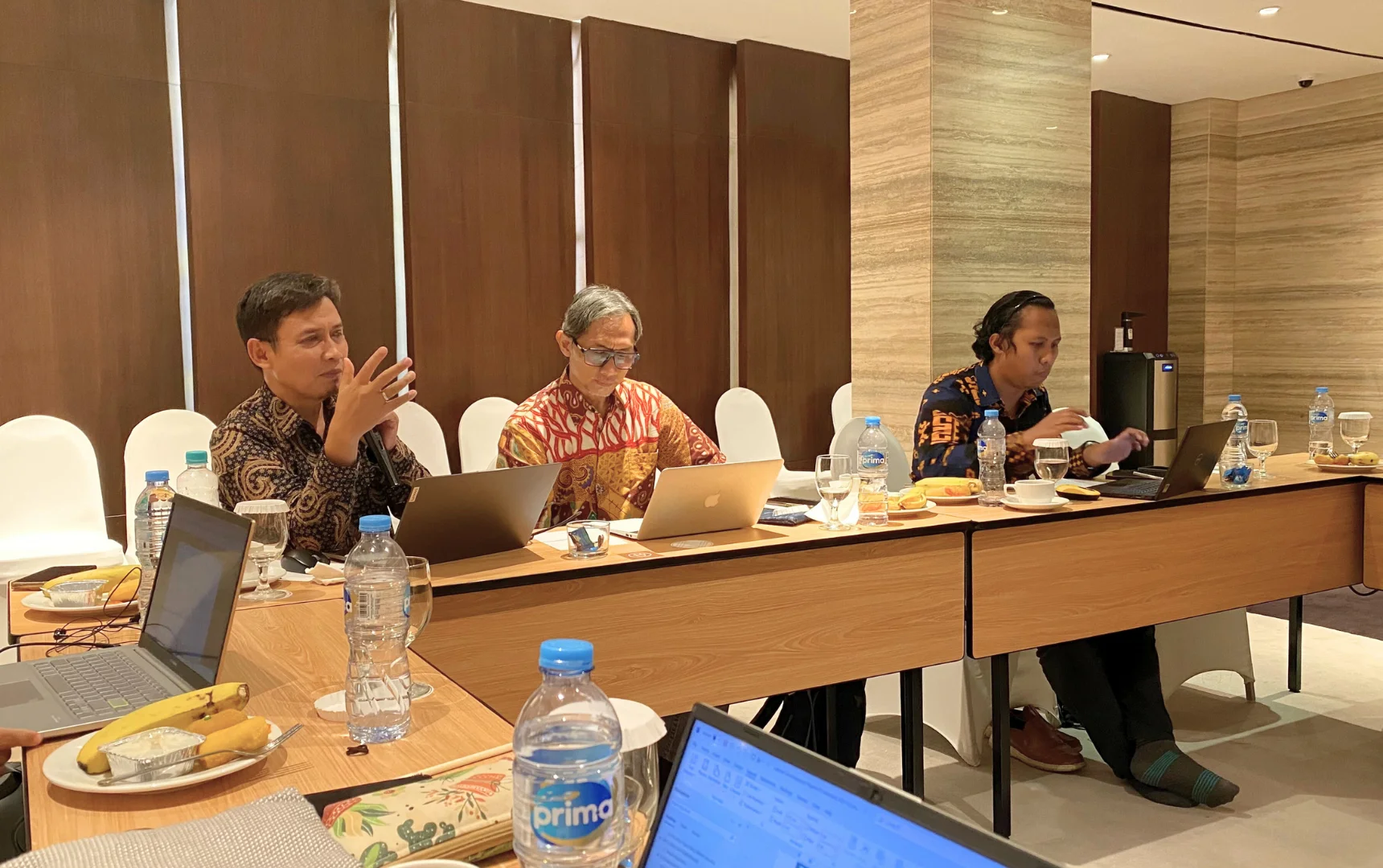From Data to Action: Transforming Health Planning in Three Districts of Aceh
Developing Adaptive, Contextual, and Sustainable Local Health Planning
Sound health planning is the foundation of quality healthcare services. Without sharp, data-driven strategies, policies often fall short in addressing the real needs of communities. This is what inspired Universitas Indonesia (UI), through the Center for Health Administration and Policy Studies (CHAMPS) in collaboration with the Ministry of Health of the Republic of Indonesia, to initiate the Health Program Governance Assistance Project in three selected districts in Aceh Province: Gayo Lues, Bener Meriah, and West Aceh.
These districts face pressing health challenges—high maternal and infant mortality, the prevalence of stunting and tuberculosis (TB), limited fiscal capacity, and uneven distribution of health human resources. Such conditions call for stronger, evidence-based, and locally responsive health planning.
The assistance program, carried out from February to September 2025, aimed to support district health offices in developing sharper health planning aligned with both national and regional policies. Through this initiative, the CHAMPS UI team collaborated closely with district health offices to strengthen planning capacity, address local challenges, integrate community aspirations, and ensure compliance with regulatory frameworks. The key outputs of this process were the development of the Strategic Plan (Renstra) 2025–2029 and the Work Plan (Renja) 2026 for the health offices in all three districts.
Achievements
Over the course of seven months, a series of online workshops, in-person workshops, and cross-sector coordination meetings were conducted in each district. These activities not only produced technical planning documents but also created spaces for dialogue among local governments, health workers, academics, and communities. As a result, local health planning became more comprehensive, measurable, and contextual, tailored to the specific conditions of each district.
Beyond document preparation, this initiative also served as a knowledge transfer platform, equipping district health offices to independently sustain good governance practices in health programming. One of the most notable outcomes was the enhanced capacity of local planning teams in health data analysis, goal and target setting, program formulation, performance indicator development, and budget management. The collaboration also strengthened cross-sectoral coordination and opened new opportunities for synergy with local development partners, including the education, religious, environmental sectors, and civil society organizations that play vital roles in driving healthier behaviors.
Towards Sustainable Health Governance
With the implementation of this program, it is expected that critical health challenges such as maternal and infant mortality, stunting, and TB can be addressed more effectively. This initiative marks a concrete step toward building responsive, accountable, and adaptive local health governance, while also contributing to the broader agenda of national health development.

 1.webp)
 2.webp)


